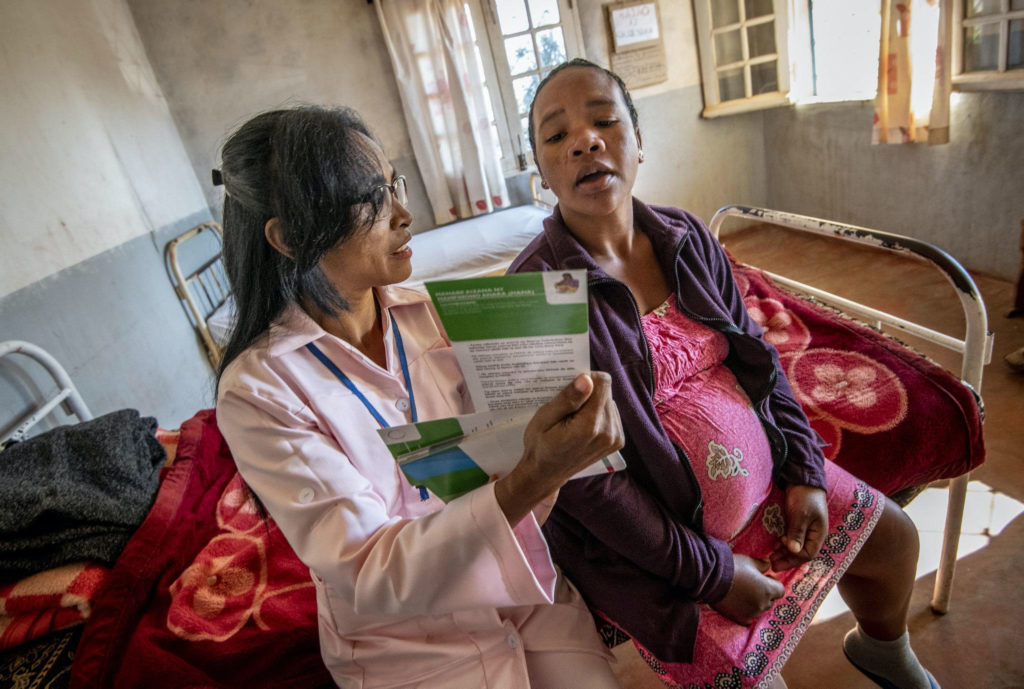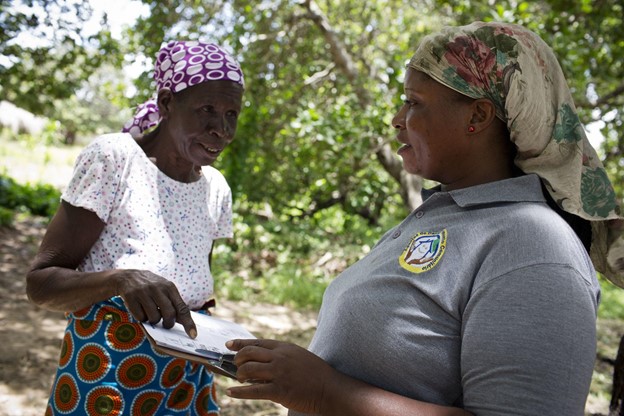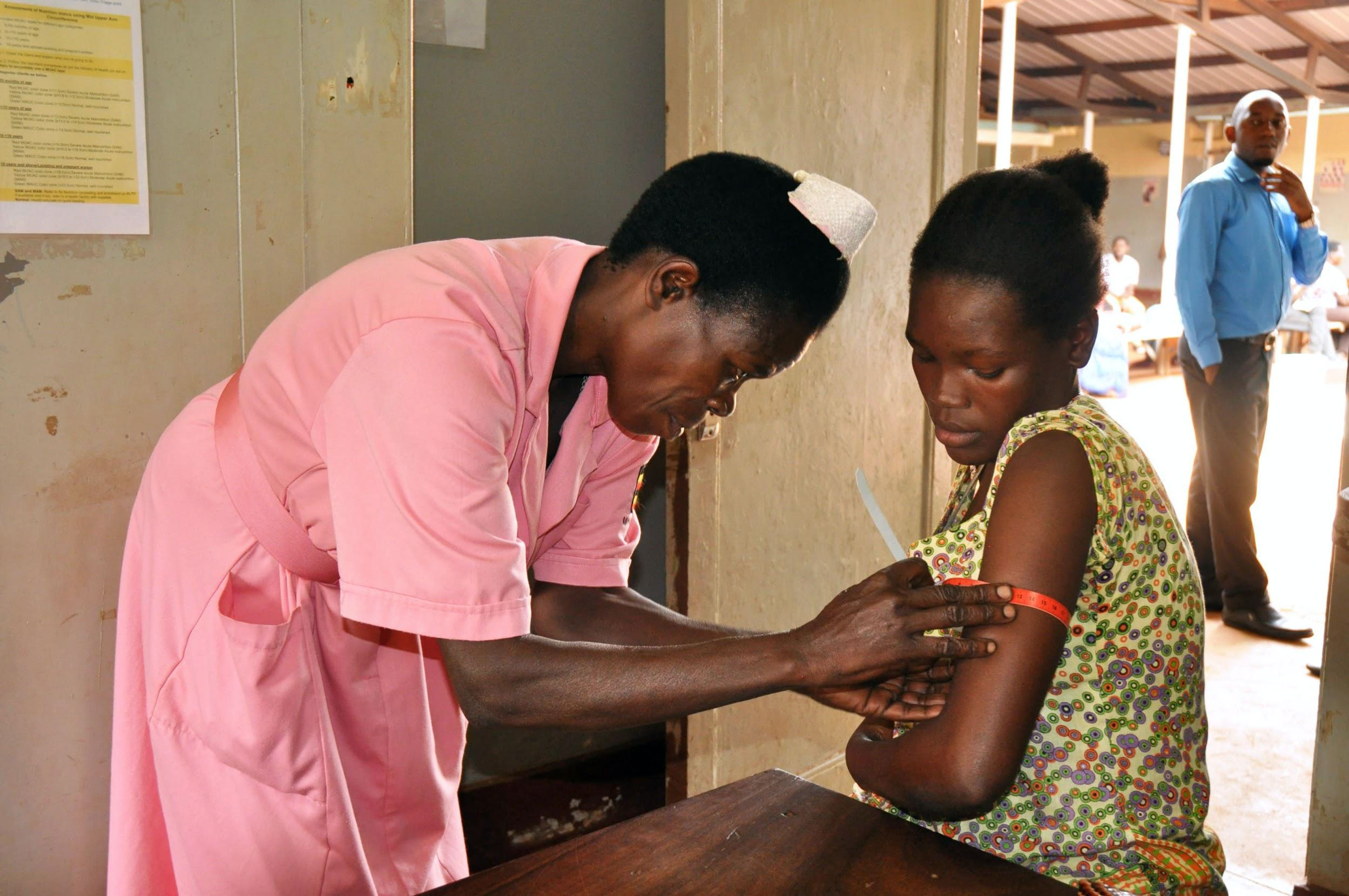At the first N4G Summit in 2013, 110 stakeholders committed to prevent at least 20 million children from being stunted – saving at least 1.7 million lives by 2020. These commitments deliver much-needed action on policy and financing commitments to the Sustainable Development Goal (SDG) 2—Ending Hunger in All its Forms—which is an underlying driver of 12 of the 17 SDGs. As we continue the Nutrition for Growth Year of Action, take a look at how pledges made during the N4G summits in London (2013) and Milan (2017), have brought about positive impacts on global nutrition.
The global community has embraced the importance of the 1,000-day window; however, we have generally neglected to deliver good nutrition for mothers. Suboptimal fetal growth due to poor maternal nutrition causes more than 800,000 infant deaths each year, and there has been little progress in reducing low birth weight. A key action to reduce preventable infant deaths is to improve nutrition services for women of reproductive age before and during pregnancy to ensure women’s diets include a diverse range of foods to support the growth of infants.
During the 2017 Nutrition for Growth Summit in Milan, the United States Agency for International Development (USAID) committed to a partnership with the Bill & Melinda Gates Foundation to strengthen nutrition metrics that empower practitioners and donors to better track and evaluate our nutrition investments, including support to the Demographic and Health Surveys (DHS) Program.
Measuring the progress of nutrition programming is often challenging due to inconsistent monitoring and lack of data that reveals the direct and indirect causes of malnutrition for specific populations in low- and middle-income countries. Maternal nutrition, in particular, is not always a focus of data collection and analysis efforts, yet a woman’s diet during pregnancy can have a significant impact on the first 1,000 days of a child’s life.

Midwife in Madagascar talks to a pregnant woman about the importance of prenatal care and nutrition during pregnancy. Photo Credit: Karen Kasmauski/MCSP
Together with the Bill & Melinda Gates Foundation, USAID has strengthened the quality and availability of data on maternal nutrition by creating a new nutrition unit within the DHS Program and updating the DHS core questionnaire to include questions on maternal diets. New indicators incorporated into the DHS include maternal nutrition measures for minimum dietary diversity for women, coverage of nutrition counseling during antenatal care and pregnancy, and sources for women to obtain iron-containing supplements taken during pregnancy.
Next year, DHS surveys will be able to collect data on maternal diets, which will enable policymakers, implementers, and other decision makers to design policies and programs that better support maternal nutrition during the first 1,000 days.

Zita, a Community Development Agent in Mozambique, talks to a traditional birth attendant about the importance of recording all data on pregnant and lactating mothers, and has provided forms that allow her to do this. Photo Credit: Kate Holt/MCSP
USAID’s commitment to strengthening data has prompted the global community to re-examine data collection tools to further improve data quality. For example, in Nigeria, the DHS Program enhanced their data collection methods and tested innovations to improve the quality of data. The use of a new checklist allowed data collectors to gather more accurate weight and height measurements, conduct standard assessments, and provide a more comprehensive picture of malnutrition in the country. To further reduce data collection errors while in the field, the most recent DHS survey in Nigeria also shifted from paper questionnaires to an electronic version to make it easier to identify mistakes and track children who may need remeasurement. These adjustments will improve the quality of data collected for nutrition indicators in Nigeria as well as other countries in the future while supporting better country nutrition programs and policies.
Looking ahead, continued collaboration with the DHS Program, partner countries, and the private sector can improve data collection tools to help policymakers better understand and respond to the nutritional needs of vulnerable populations in low- and middle-income countries. With this global commitment, USAID has improved the monitoring of nutrition programming to understand the dietary practices of pregnant women and drive further reductions in maternal and child mortality in the years to come.

